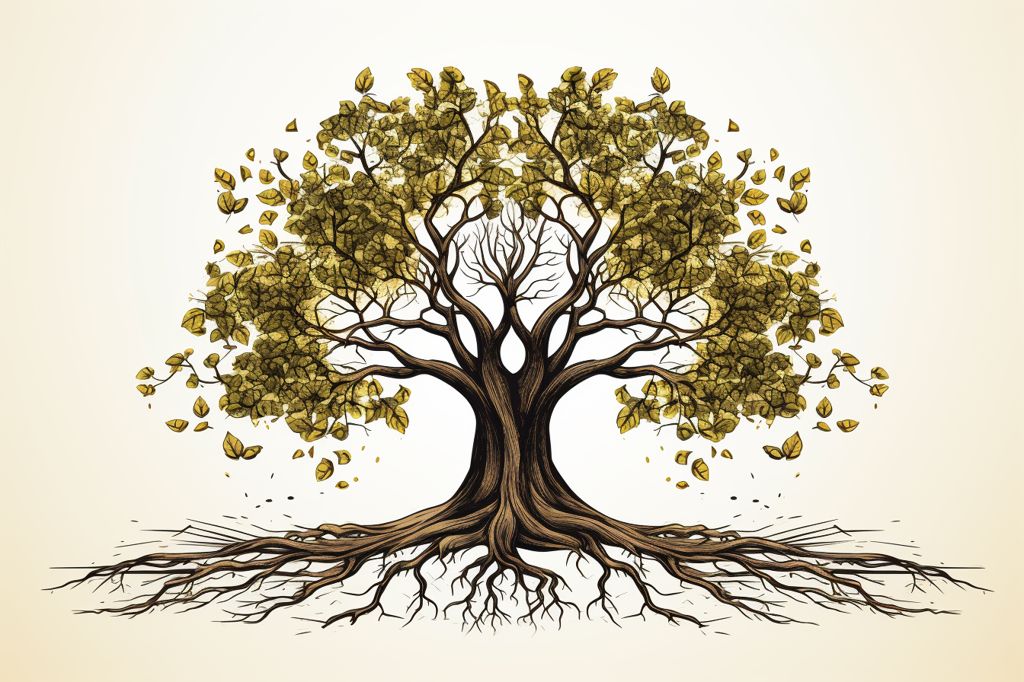Libraries are often seen as antiquated institutions, but recent reports from the City’s Libraries and Information Service (LIS) suggest otherwise. The LIS annual report highlights impressive growth in library membership, with a 38.6% increase in just one year. This growth indicates that libraries are not only surviving the digital revolution but also thriving by integrating technology and evolving according to community needs.
Adapting to Digital Age
A notable example of libraries’ adaptation to the digital age is the remarkable increase in visitors accessing the internet via SmartCape facilities, which saw a 44% increase. Usage of digital tools such as the PressReader App also saw a 6.8% increase. These figures suggest that libraries are successfully integrating technology to meet the changing needs of their patrons.
Catering to Different Age Groups
Libraries have also successfully catered to different age groups, with persons aged 26+ accounting for 50% of SmartCape usage and those aged 13-17 representing 15% of users. Additionally, libraries organized 405 holiday program activations attended by 12,443 children.
Use of OverDrive
The introduction of OverDrive, a digital tool providing library patrons access to e-books and digital audiobooks via the Libby App, has also shown exceptional success. In 2022/23, loans increased by a staggering 63.8%, while reservations for material already on loan grew by 44.6%. The number of items on the catalogue skyrocketed from 6,822 in June 2022 to a whopping 27,577 by the end of June 2023.
Challenges Faced by Libraries
Despite the achievements, libraries still face several challenges, including crime, vandalism, and load-shedding, which could hamper operations. Nevertheless, the staff’s resilience and determination to provide services even when the lights are off are commendable.
The Importance of Collective Action
Councillor Patricia van der Ross, Mayoral Committee Member for Community Services and Health, commends the staff for their dedication and encourages community members to join the ever-growing club. However, she insists that success is a shared responsibility and calls for collective action to help libraries continue to thrive.
A Promising Outlook
As libraries continue to adapt to a digital world, the blending of traditional and modern offerings provides a promising outlook for these indispensable community cornerstones. By maintaining their core values and embracing technological advancements, city libraries are nurturing a love for learning and fostering a sense of community among individuals of all ages.
It is evident that libraries have not lost their charm, but have expanded their reach and services to stay relevant in a rapidly changing world. The LIS annual report serves as a reminder of their importance and reiterates the need to support and appreciate these community treasures.








